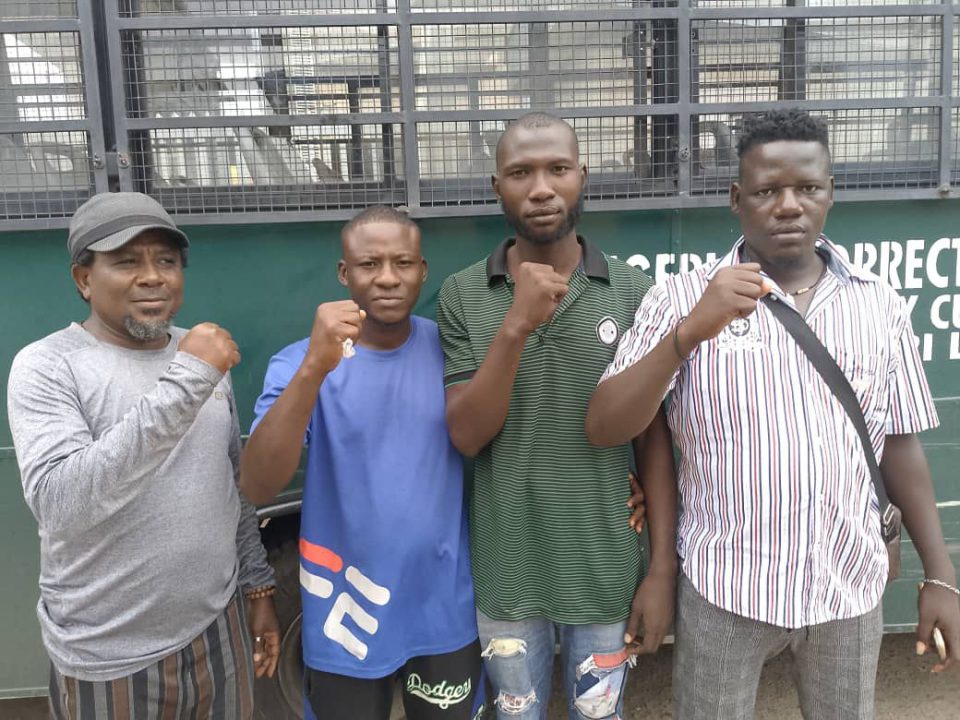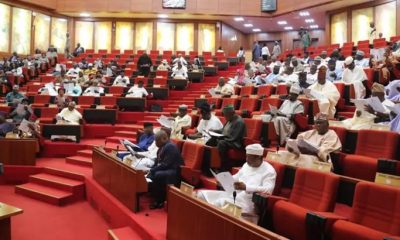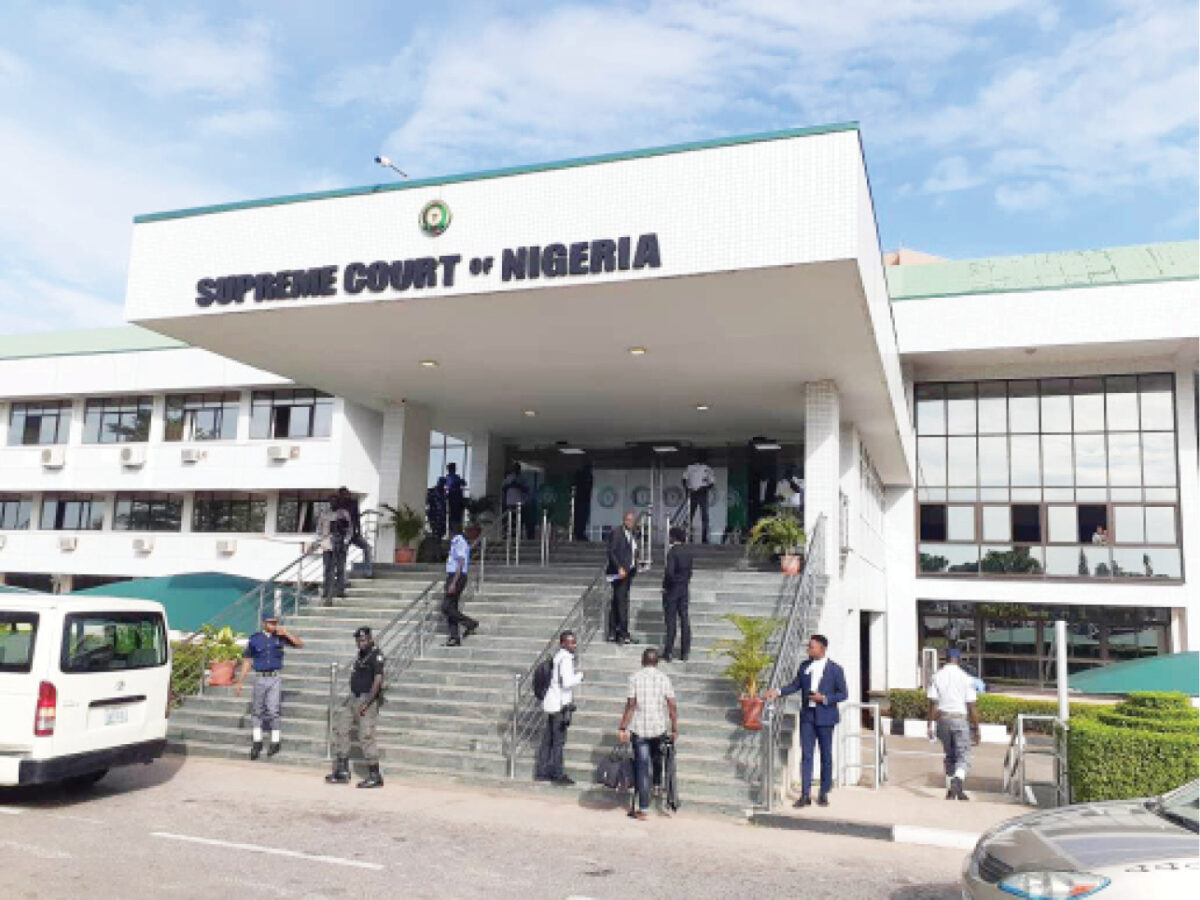News
Six Men Freed by Lagos Court Were Charged for Theft, Not #ENDSARS Protest

News
Supreme Court nullifies National Lottery Act
News
How DSS arrested fake NGO leader
News
IPOB disowns Simon Ekpa
News
NEC sets up National Electrification Committee to end grid collapse

National
Delta approves N713m for 2024 students bursary payment — Official
News
Labour Party Launches Grassroots Initiative to Empower Youths Ahead of 2027 Elections
-

 News20 hours ago
News20 hours agoEfe Ajagba Poised to Challenge Daniel Dubois for IBF Heavyweight Title
-

 News19 hours ago
News19 hours agoFederal High Court Adjourns Labour Party’s Suit on Rivers Lawmakers’ Defection to January 2025
-

 News16 hours ago
News16 hours agoSimon Ekpa to be extradited to Nigeria – Defence
-

 National22 hours ago
National22 hours agoReps reject bill seeking six-year single tenure for president, governors
-

 News19 hours ago
News19 hours agoHP Wolf Security Launches Advanced Physical Cyberattack Protection for Business Introducing HP Enterprise Security
-

 Entertainment16 hours ago
Entertainment16 hours agoDavido Reflects on Life as He Turns 32: “My Eyes Don See Shege”
-

 Business16 hours ago
Business16 hours agoFG, World Bank to provide jobs for 10 million youths in 5 years
-

 News3 hours ago
News3 hours agoNEC sets up National Electrification Committee to end grid collapse
-

 Entertainment16 hours ago
Entertainment16 hours agoAfrican Music Takes Over Coachella 2025: Seun Kuti, Remain and More to Perform
-

 Entertainment4 hours ago
Entertainment4 hours ago12 Secret Santa Gifts That Could Get You Fired
























